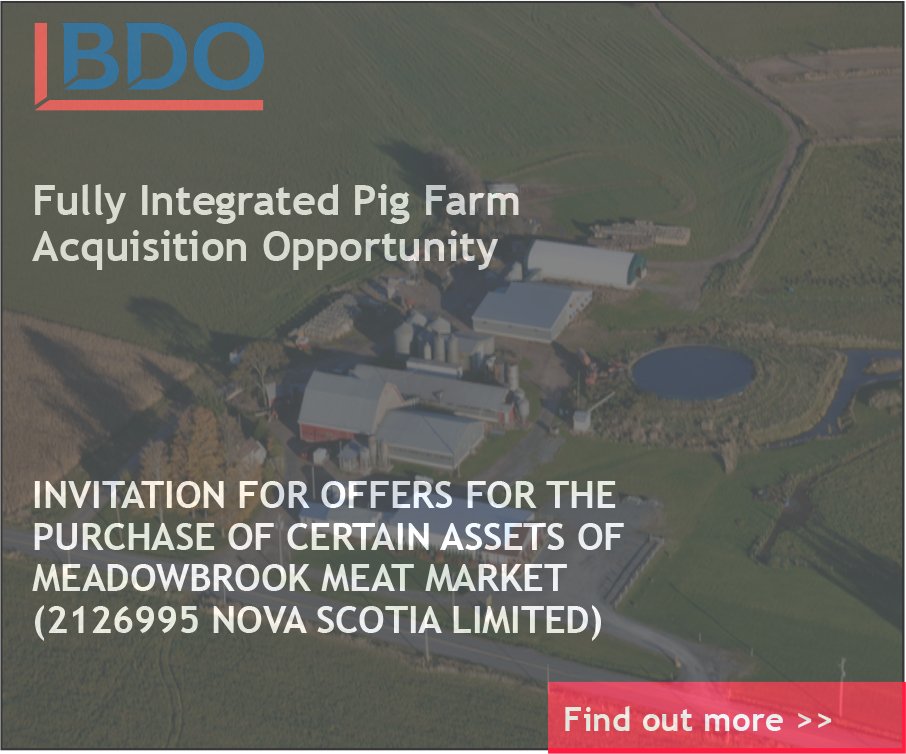Good record keeping on the farm pays off in the long run
/by Ellen Crane
Record keeping. It is the farmer’s version of homework. Some complete it successfully while others do not bother to start the assignment in the first place. Although, different from homework, it will not be checked and given a gold star by your teacher the next day. The onus is left on us to make sure it is completed.
Keeping records on your operation can be as simple or as complex as you would like it to be. In some cases, a simple paper record-keeping system will manage your information. Key information such as breeding dates, birthdates and birth weights, tag numbers, and health treatment dates can be useful when marketing animals.
Depending on the size of your operation, record keeping is estimated to take one hour per animal per year. For a 40-pair cow-calf operation, this is equal to a 40-hour work week just spent on records!
But is this time spent worth the investment? A quick calculation would suggest – at $20 per hour – you would spend $800 to pay yourself for the time invested working at the kitchen table or computer desk. Could this investment in time and energy pay for itself in the long run? One supporting example is in the case of animals that are marketed at more than 30 months of age (OTM).
To age-verify cattle, you must first contact the Canadian Cattle Identification Agency (CCIA) to set up your CCIA account. If you currently purchase CCIA tags, you will be able to do this. To create a birth certificate, the CCIA tag number and the birthdate of the tagged animal can be entered into the CCIA system. The birth certificate will be created by the CCIA website and the document can be printed. This document can then accompany the cattle to their destination.
Atlantic Beef Products Inc. is the only federally inspected beef processing facility in the Maritimes. According to Atlantic Beef Products, receiving OTM animals is an ongoing issue. An animal arriving at the plant with its adult teeth (at least five big teeth) will be considered OTM even if its birth certificate indicates otherwise.
Animals classified as OTM will receive an automatic deduction of 20 cents per pound. At 1,300 pounds, a 30-plus-month “feeder” animal with an 800-pound carcass weight would receive $1,760 versus $1,928 if the same animal was properly finished at 1,300 pounds prior to 30 months of age. That’s a difference of $168 per animal with proper age verification. During the course of one year, five feeder cattle could pay for the time spent on record keeping, including time spent on age verification.
Good records can also be highly useful when tracking the progress of your business. Are you improving? Was last summer’s major equipment purchase worth the investment? Did last year’s herd sire perform as well as you had hoped? These are examples of the information that can be collected with effective record keeping.
Identifying the strengths and weaknesses of your operation prior to important business decisions, such as an expansion, can save you some headaches later on. Benchmarking is a term used to describe measuring your business’s performance in relation to others in the same sector. Good record keeping allows you to compare your operation’s performance and identify areas for improvement.
There are several good record-keeping tools and software programs. The sample records available through the Verified Beef Production Plus (VBP+) program website are easy to use and free. On the VBP+ website under the “producer resources” tab, you will find a number of forms you can download and use as templates for your operation.
There are also a number of record-keeping services available. AgSights is a non-profit organization based in Guelph, Ont., which has recently launched the Bio360 application. This system is available not only for cattle, but for sheep and goats as well.
If you would like to learn more about record keeping or age verification, there are several resources available through your provincial cattle producer association and national farm organizations such as Farm Management Canada and the CCIA.
Just like any homework assignment, the most effective way to finish is to start.
(Ellen Crane is the Maritime Beef Council’s general manager.)










